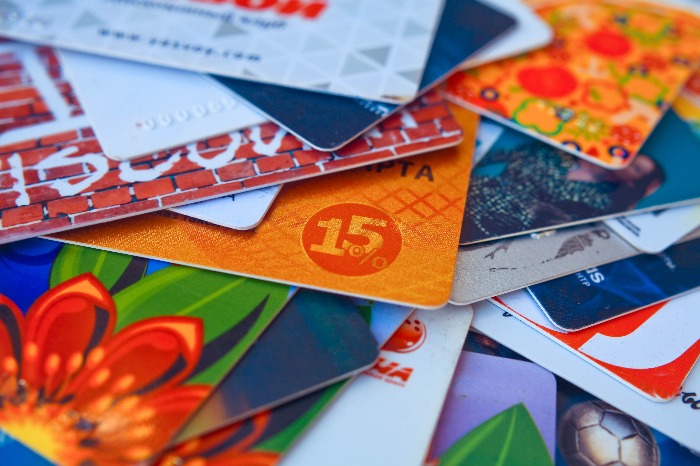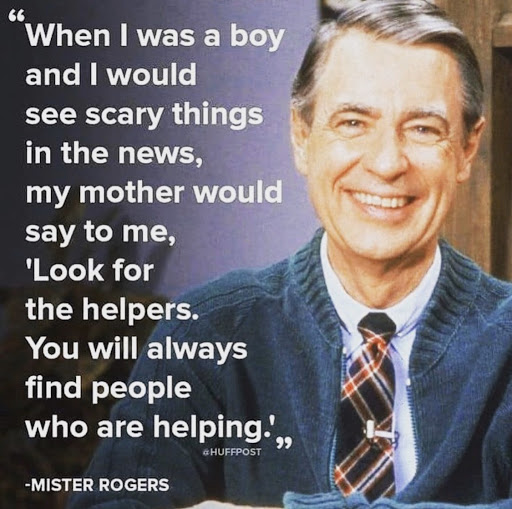With the impact of COVID-19 affecting our everyday lives, it’s hard to believe that we have the power to help our local economy and communities.
Some financial analysts estimate that the disruption caused by the coronavirus could lead to 15,000 permanent retail store closures in 2020 and could potentially dissolve approximately three million jobs from the US economy before this summer. With numbers like this, is there anything we can do to offset those figures?
You can make a difference, and it’s easier than you think. Here are eight simple ways that you can support your local communities right now while they work hard to continue supporting you.
1. Keep up weekly routines.
If Monday night has always meant Chinese takeout and a game of UNO, there’s no reason to change up that schedule. One of the most effective ways to support your local economy is to spend money on the things you would normally buy. It’s hard to believe, but online shopping does exist beyond Amazon, so look for your favorite local store online and shop, shop, shop!

2. Buy gift cards.
Gift cards: The most popular gift item in 2019. When you decide to use them is up to you. But the benefit of purchasing gift cards right now means a local merchant, who is likely unable to open their doors for customers right now, can maintain much-needed cash flow until the COVID-19 health crisis subsides. Plus, gift cards provide an easy way to make online purchases through the store’s website. Several of our Simplus team members have been supporting their local communities with gift cards, exhibiting our core value of stewardship.

3. Don’t forget our furry friends.
Your local Humane Society or pet adoption agency needs our help to keep up operations until displaced pets are adopted or fostered. The ultimate goal is to adopt a pet who needs a home. But if that isn’t possible, many local shelters offer drop-off centers that accept bags or cans of pet food, toys, blankets, supplies, and anything that can help animal shelters keep their guests happy, healthy, and ready to adopt when the opportunity arises. If you know the name of a local animal shelter, check Amazon to see if that location has set up a wishlist page that allows patrons to purchase needed items online.

4. Skip the refund.
Hearing the disappointing news of a canceled sporting event, concert, or live performance is becoming more commonplace. And nobody is more disappointed than the venue that faced the difficult decision to close the curtain on their scheduled event—or the entire upcoming season. Most vendors will refund your tickets. But if you want to support an organization, why not skip the refund? If you have purchased tickets to a single event, skipping your refund could result in thousands of dollars in retained money that may extend that organization’s operations, including payroll. Something to think about.

5. Delivery. It’s more than just pizza.
As many locally-owned stores scramble to find ways to pivot for business survival, consumers will be delighted to find items ranging from new toys, games, and books to clothing or sports equipment can be delivered to their door. Also, many fine clothing stores will schedule free appointments for patrons to work with a personal shopper within an empty store to try on and shop for clothing. One-on-one service!

6. Take a virtual class.
Once sequestered mainly to private companies teaching English to children overseas, interactive online courses are now a terrific resource for people interested in learning a new skill all around the world. This isn’t simply about finding a video clip on Youtube. Instead, people can connect with local museums, theaters, concert halls, aquariums, zoos, fitness clubs, or universities to learn to play a musical instrument, enjoy a tour, listen to a live performance, take a cooking or computer class, engage in a yoga or meditation session, or even learn a new language. The world is literally at your fingertips, and so are local service-oriented businesses.

7. Follow local government statutes.
With the COVID-19 status changing almost hourly, the best thing you can do for others in your community is to contribute to the overall health of it. Adhere to the guidelines set in place by your local government. Remember, our goal is to slow down the spread of this disease, and everyone can do their part to help.

8. Look for the helpers.
Years ago, when tragic circumstances were making people feel scared, Mister Fred Rogers told us to “look for the helpers.” These uncertain times have certainly shed light on our heroic helpers. And many “helpers” in our communities have organized efforts to help local businesses.
For instance, in Salt Lake City, television star and local business owner Ty Burrell helped launch TipYourServer, a downtown alliance network that collects and distributes cash donations to business owners and employees in the food and beverage industry who have lost their jobs or were forced to close their business. Grassroots causes like these are popping up all across the country, so watch for those that are focused on supporting a part of your community.

When life feels overwhelming, remember that people still have the power to influence, inspire, and change their world for the better. With these eight strategies, we can make a positive impact on our local communities as we work together for a speedy recovery in our economy and public health.















0 Comments